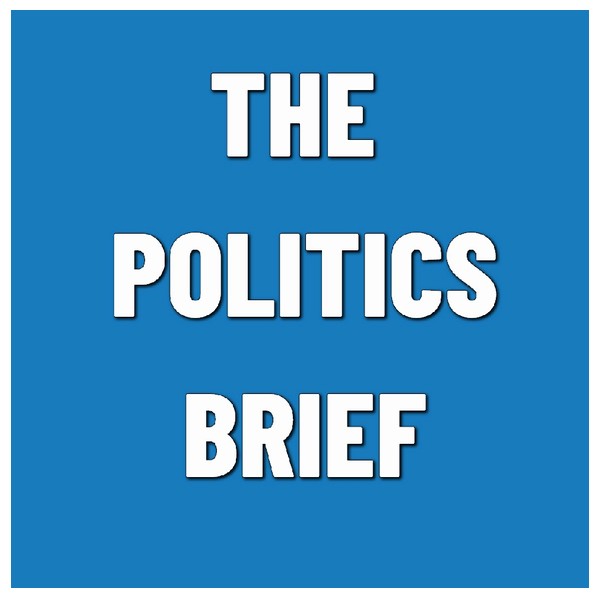A group of 24 Republican legislators in Pennsylvania has filed a federal complaint against President Joe Biden, Governor Josh Shapiro, and representatives from the Pennsylvania Department of State, alleging that they have usurped legislative authority by changing voter registration and election rules.
The lawsuit was reported by the Epoch Times. According to the legislators, the Elections Clause and the Electors Clause of the United States Constitution give state legislators the sole constitutional right to determine election procedures, and the president, governor, or other executive officials, such as the secretary of state, have no authority to create, rewrite, or disregard laws established by the legislature. The organization claims they have been unconstitutionally barred from the legislative process that governs federal elections for president and Congress.
The plaintiffs in the lawsuit, as reported: Pennsylvania state Reps. Dawn Keefer, Timothy Bonner, Barry Jozwiak, Barbara Gleim, Joseph Hamm, Wendy Fink, Robert Kauffman, Stephanie Borowicz, Donald (Bud) Cook, Paul Michael Jones, Joseph D’Orsie, Charity Krupa, Leslie Rossi, David Zimmerman, Robert Leadbeter, Dan Moul, Thomas Jones, David Maloney, Timothy Twardzik, David Rowe, Joanne Stehr, Aaron Bernstine, Kathy Rapp, and state Sen. Cris Dush.
Their case in U.S. District Court for the Middle District of Pennsylvania petitions a court to declare three measures unconstitutional: President Biden’s voter registration executive order, Shapiro’s voter registration action, and certain Department of State directions.
They urge that the court impose an injunction banning the president, governor, and state executives from making future modifications to Pennsylvania’s electoral process without first going through the legislative process.
According to the court filings, the legislature is solely responsible for enacting election procedures, including voter registration.
In 2021, President Biden issued Executive Order 14019, which requires all federal agencies to produce a strategy to promote voter registration and engagement.
In response, the United States Department of Health and Human Services (HHS) stated in 2022 that federal health centers around the country would henceforth be able to engage in activities such as voter registration that are not part of the health center program initiative.
“Such voter registration activities may include making available voter registration materials to patients, encouraging patients to register to vote, assisting patients with completing registration forms, sending completed forms to the election authorities, providing voter registration materials in waiting rooms, and allowing private, non-partisan organizations to conduct on-site voter registration,” reads the HHS website.
The United States Department of Housing and Urban Development directed more than 3,000 public housing authorities to conduct voter registration efforts in its 1.2 million public housing units around the nation.
The US Department of Education sent a letter to institutions instructing them to utilize Federal Work Study funding “to support voter registration activities.” The letter went on to say: “If a student is employed directly by a post-secondary institution, the institution may compensate a student for [Federal Work Study] employment involving voter registration activities that take place on or off-campus.”
The United States Department of Agriculture instructed state agencies that operate the Supplemental Nutrition Assistance Program (SNAP) and the Women’s Infants and Children’s (WIC) low-income food program to conduct voter registration campaigns using federal monies.
The state lawmakers argue that voter registration activities are not a federal government responsibility.
“Typically, private parties—including plaintiffs, campaigns, political parties, and organizations—conduct voter registration drives as acknowledged and regulated by federal campaign finance laws,” the court papers say. “Federal campaign finance laws apply to private parties’ voter registration activities. Voter registration drives … are a federally recognized private function, not a government function.”
President Biden’s executive order also required federal agencies to utilize public funds to choose “approved, nonpartisan third-party organizations and state officials to provide voter registration services on agency premises.”
Pennsylvania state lawmakers enacted legislation prohibiting third-party interference in elections. According to court documents, the executive order violates Pennsylvania’s election laws.
Shapiro said in a news release in September 2023 that he will change voter registration regulations to allow for automated registration. According to the press release, anybody eligible to vote is immediately registered when they get a driver’s license.
Pennsylvania politicians attempted to introduce automated voter registration multiple times via the legislative process. All attempts have failed. Mr. Shapiro announced this adjustment while another law implementing automatic voter registration was still pending in the legislature. According to the court petition, Shapiro’s actions were not lawfully permitted by any state statute.
“Governor Shapiro’s edict instituting automatic voter registration in Pennsylvania is inconsistent with existing Pennsylvania law,” the court filing says. “Governor Shapiro does not have the unilateral power to oversee and participate in making legislative decisions regarding the times, places, and manner of Presidential and Congressional elections, including the registration of electors in Pennsylvania.”
NOW READ:







